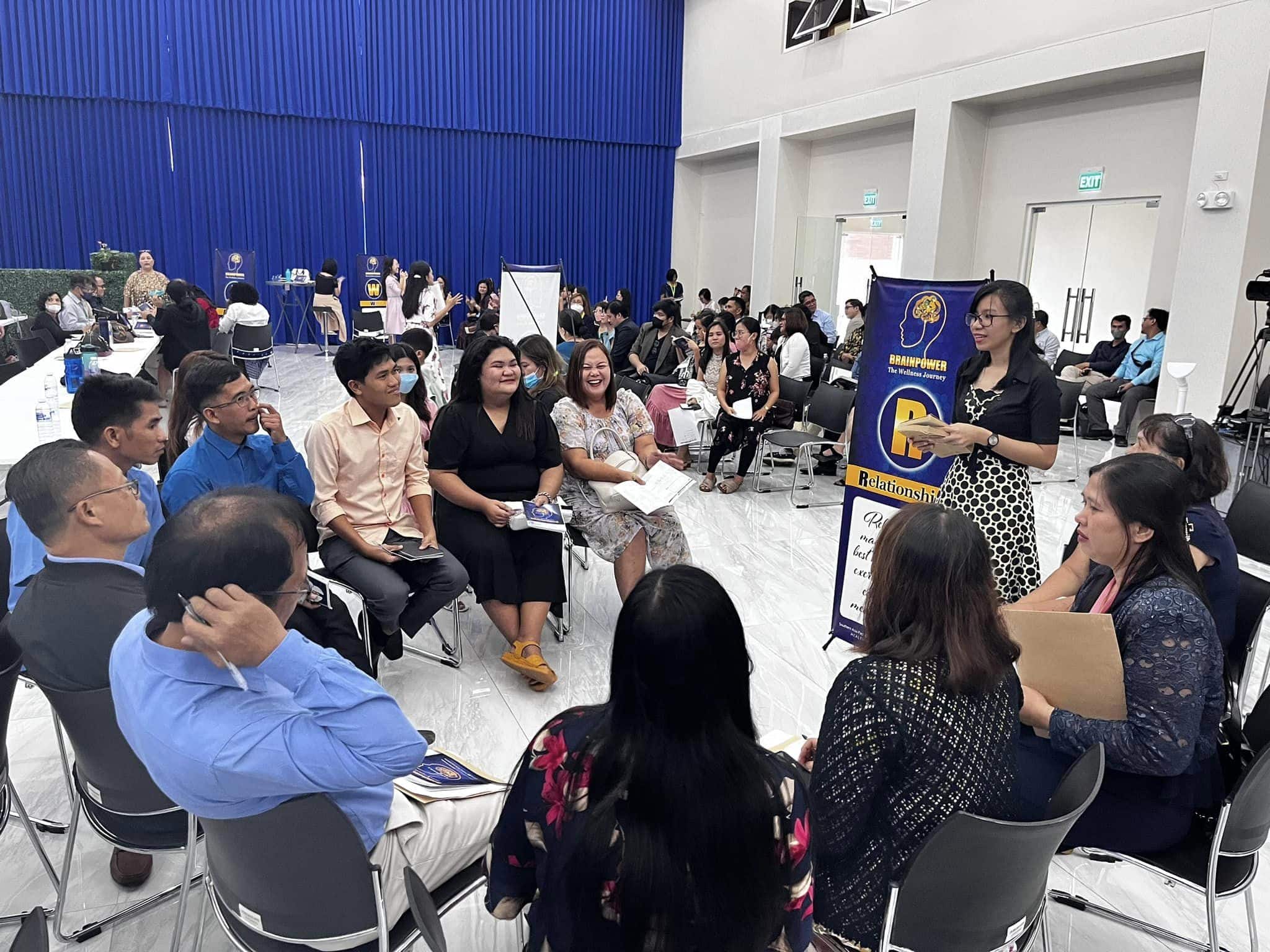
The third Southern Asia-Pacific Division (SSD) Mental Health Summit took place at the Life Hope Impact Center in Silang, Cavite, Philippines, from November 11 to 13, 2022. Organized by SSD Health Ministries department, the summit’s main goals were to streamline communication and provide missionaries and medical professionals with knowledge of critical differences in mental health management, organizers said.
More than 200 representatives from the SSD attended, including leaders from Adventist hospitals and educational organizations in the Philippines, Indonesia, Malaysia, and Singapore.
The summit highlighted the important link between spirituality and mental health. The meeting also sought to give the attendees the most recent knowledge on the best ways to handle social problems relating to mental health during and after the COVID-19 pandemic.
Organizers said that the event promoted a conversation about effective strategies for the promotion of mental health and prevention of problems. “This creates chances to improve the level of cooperation between medical specialists in treating mental health issues,” leaders explained.
Specialists on mental health shared valuable points and discussed possible opportunities for the church organization to relay relevant issues to local churches.
One of the speakers at this summit was General Conference Health Ministries associate director Torben Bergland. As Bergland discussed the relationship between Christianity and mental health, he also explained how it relates to the Adventist Church’s identity and mission. Breakout sessions featured discussions from medical health professionals on various subjects, including how to deal with student mental distress, minimize work burnout, and look after church members and communities in distress.
“In all treatment and care for the sick and suffering, it’s critical that we apply a holistic approach. The more complex the problem, the more important to apply a holistic perspective, understanding, and approach,” Bergland said. “Mental health problems are often complex and affect the person's body, mind, and spirit. If we are not attending to all dimensions of the person, we’ll miss out on interventions that may work synergistically,” he explained.
SSD health ministries director Lalaine Alfanoso agreed. “Church members should learn how to treat their mental health issues before treating others, which is why they should be educated on how to do so,” she said. “In this way, they may be great proponents and supporters of the program.”
Alfanoso added that the church needs to educate people about mental health “by letting them know that it’s OK not to be OK as long as we know how to be resilient. This can only be accomplished by having a loving family, a supporting church family, and a magnificent God who can assist us with our mental health issues,” she said.
From 2000 to 2012, the World Health Organization documented thousands of suicide incidents per year, many of which involved individuals between the ages of 15 and 29. More than 11 percent of Filipino teenagers aged 13 to 17 had thought about suicide, and a startling 17 percent have actually tried it.
SSD health ministries leaders said they see an opportunity to support the church’s empowerment and equipping while educating the community about its distinctive views, notably its principles for healthy living. “By cultivating a climate of true love, understanding, and compassion without bias, the church can serve as a safe refuge for those suffering from mental illness,” Alfanoso said. “A support group that provides spiritual relationships, like the regeneration program, the mental health gap, or lifestyle coaching, should exist to give people the feeling that they are loved, heard, and cared for. By offering counsel and knowing how to refer people to skilled mental health specialists, the church should be a compassionate place where people can find refuge.”
“The summit reminded delegates that no one is immune to depression and that everyone needs support to heal,” leaders said. “The fundamental Adventist vision of education — restoring the image of God in man — was applied to the event’s probing of the interconnectedness of the mind, body, and spirit.”
The original version of this story was posted on the Southern Asia-Pacific Division news site.